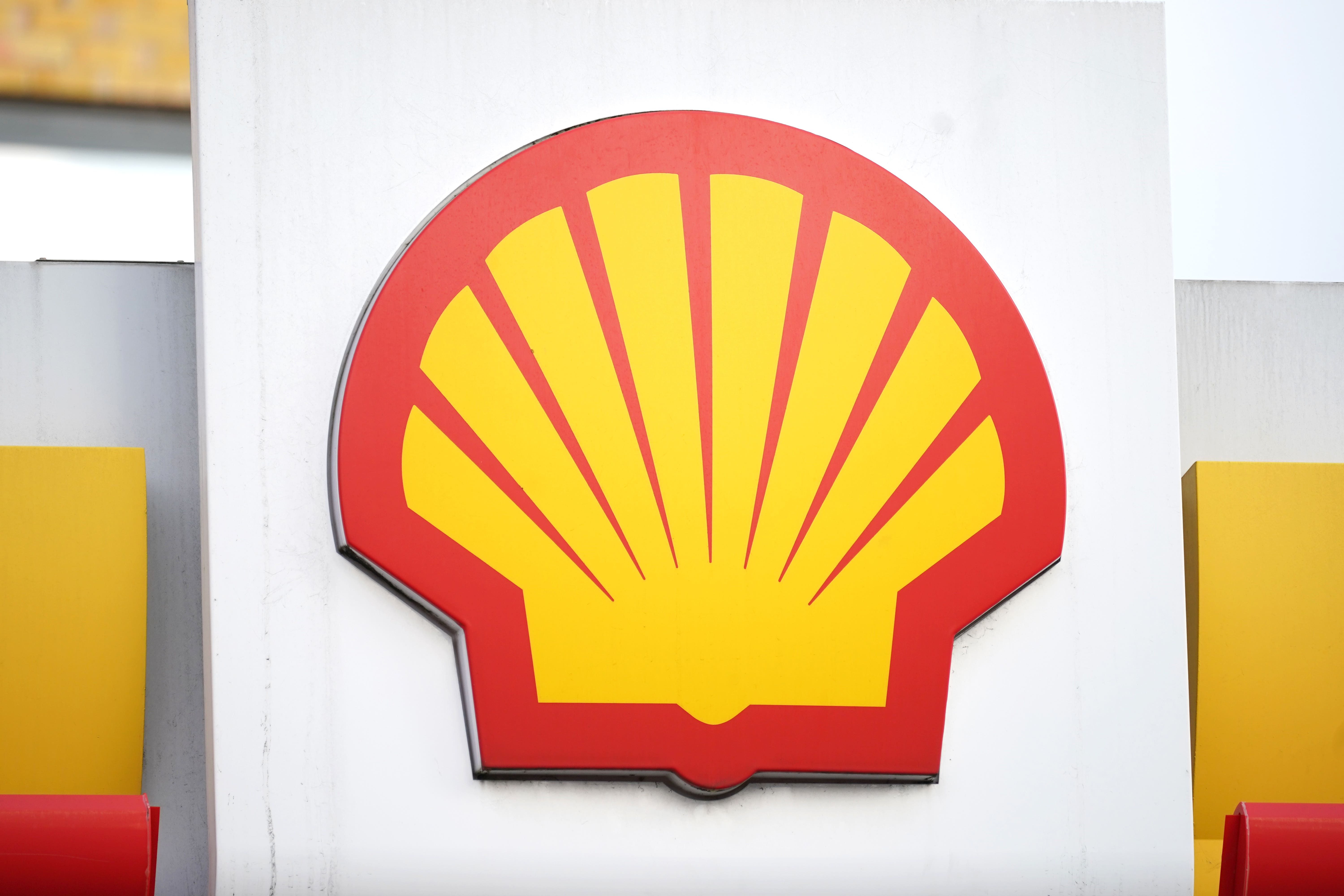Shell to cut 200 jobs in overhaul of low carbon unit
A further 130 roles have been placed under review as it focuses on ‘transforming’ the low carbon solutions (LCS) division.

Shell is planning to cut about 200 jobs next year as part of plans to simplify the business and shake up its low carbon division under boss Wael Sawan.
A further 130 roles have been placed under review as it focuses on “transforming” the low carbon solutions (LCS) division.
Around 1,300 people work for the LCS unit and more within the company contribute towards its work.
Shell said the decision forms part of its “drive to create more value with less emissions through a focus on performance, discipline and simplification” across the group.
The LCS unit explores ways of decarbonising hard-to-electrify areas like transport and industry, and including Shell’s own operations. It does not include the renewable power business.
Some of the affected roles will be integrated into other parts of the business, it said.
We remain committed to investing in viable low carbon business models and focusing on our strengths as we play our part in decarbonisation of the global energy system
After taking over as chief executive at the start of the year, chief executive Mr Sawan revealed plans for an overhaul of the firm which would include restructuring its divisions.
The plans included combining its oil and gas production and liquified natural gas unit – its most profitable divisions.
In June, Shell announced it was no longer aiming to reduce oil production by between 1% and 2% each year of this decade, after saying it met its targets eight years ahead of schedule.
It set out new plans to hold the reduced daily output levels steady until 2030.
Mr Sawan said it would be “dangerous and irresponsible” to cut oil and gas production when renewable energy is not being produced fast enough to replace it.
The boss has been focusing efforts on improving the performance of the company and boosting its share price.
A spokesman for Shell said: “We remain committed to investing in viable low carbon business models and focusing on our strengths as we play our part in decarbonisation of the global energy system.
“This will include ensuring ongoing reliable delivery of energy and decarbonisation products, services and solutions to our customers.”
The energy giant said it wants to focus its low carbon portfolio on areas where it has distinct competitive advantages and can meet the needs of its customers.
Bookmark popover
Removed from bookmarks